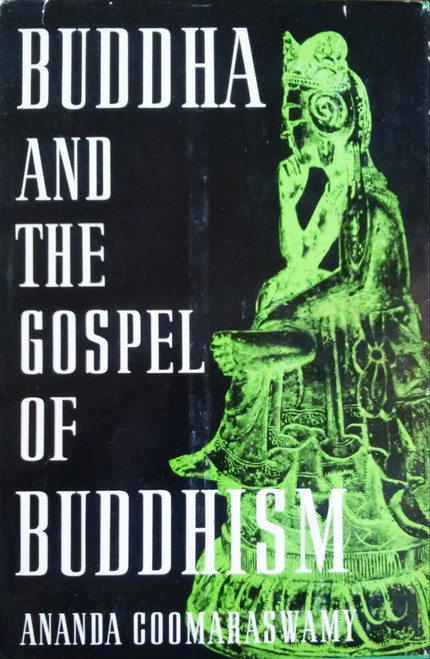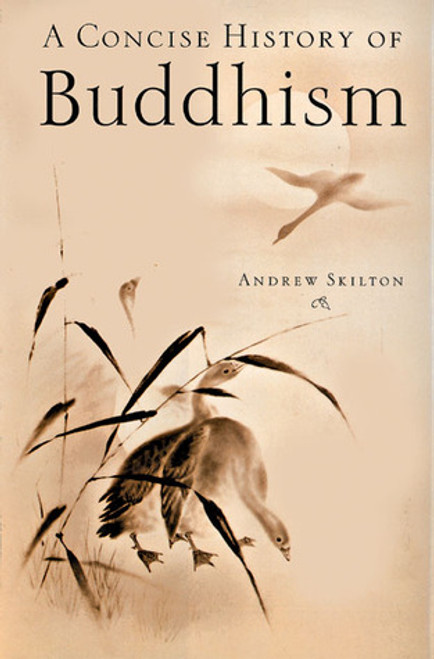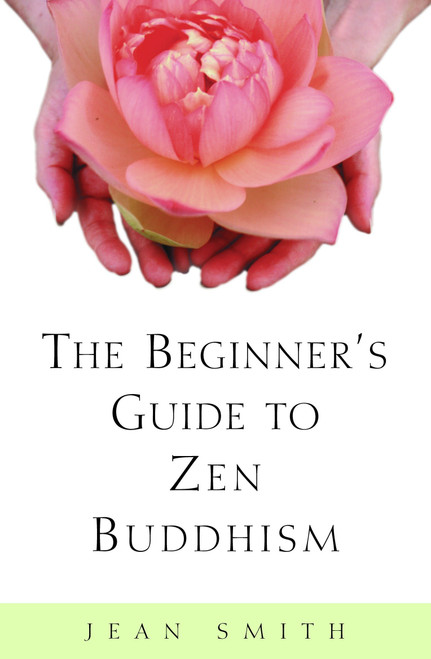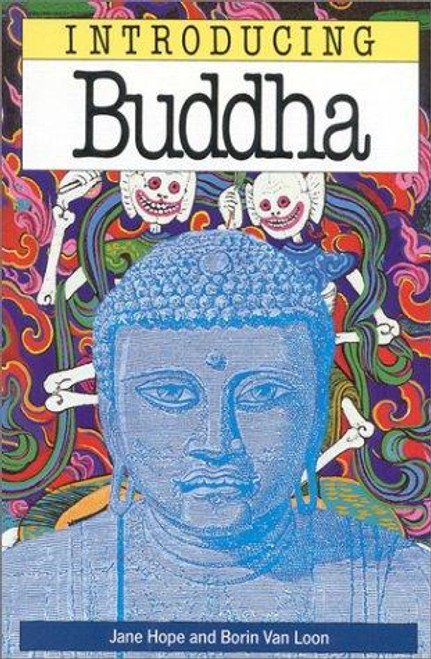When the author (Ananda Coomaraswamy) died in 1947 at the age of seventy, Aldous Huxley spoke of his "unique importance as a mediator between East and West." Why Huxley, who used his words carefully, granted Coomaraswamy this unique importance, will be clear to the reader of this introduction to Buddhism. This is the first time that this book is printed in the United States, but it has long been famous both in the English-speaking world and in India, the original land of Buddhism.
This book was originally published in England in 1916. It was reprinted without change in 1927, again in England. It is now reprinted without change, except for obvious typographical errors. It was no vanity of the author that, after eleven years, he found no need to change it. Nor is it mere piety on our part, some thirty-five years later, that we feel there is no need to add anything now. The fact is that when the author wrote this book he created a classic introduction to Buddhism and, by common consent of present-day authorities on Buddhism, it remains to this day a classic.
Buddhism represents no sharp break with its Hindu origins, but is a harmonious fruit. Buddhism is identicall in all important ways with what is worthwhile and possible in religious belief today. This catholic universal religion, the author makes clear, is in radical opposition to modern individualism. It is anti-capitalist as well as anti-totalitarian. The author is at one with Gandhi in his conviction that poverty is preferable if one still has the power to grow his food and make his clothing, than to be at the mercy of the mindless inhuman process of production based on producing only for profit. Coomaraswamy ardently believes in the fundamental traditional unity of mankind in metaphysics, mythology, theology, folklore, the arts and the sciences.
This fundamental unity does not ignore differences. For Buddhism, the birth of Buddha is not a single historical event but a process forever unfolded in the heart of man. Though trained originally as a scientist, Coomaraswamy knows when facts are relevant and when they are not relevant. In religion, he makes plain, questions such as the historicity of Buddha and Jesus are not relevant. while he knows very well where the historical fact about Buddha end and the myths being, the author finds the distinction not important for religion. Here is perhaps the principal difference that remains between Wetern religions and those of the Orient.
Coomaraswamy spent most of his adult life in the United States. It is not as a stranger but as one of us that he warns that Western society and the kind of people that have produced it can lead only to greater and greater catastrophe. It is as a quite practical way out that he introduces us to the catholic, universal religion of Buddhism.








